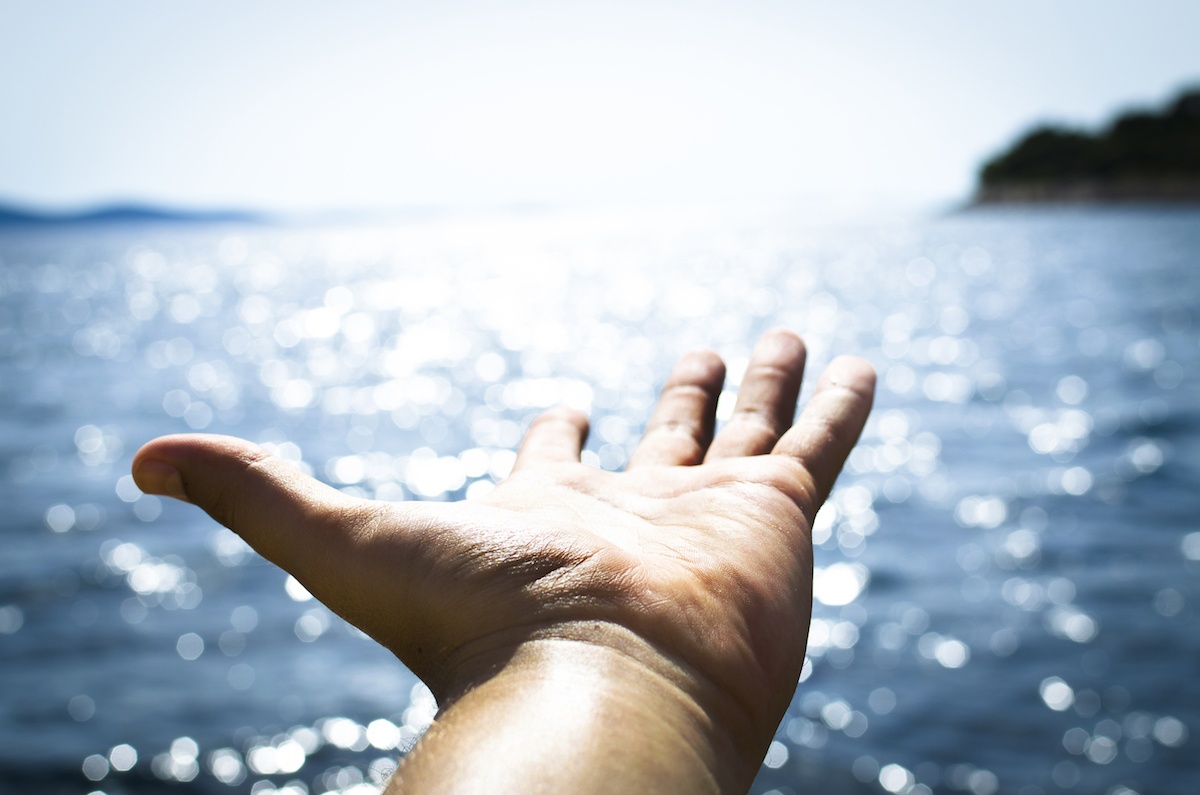Remember YOLO? The once-common acronym that stands for “you only live once” has fallen out of our common vernacular in recent years. But in its heyday, YOLO was the kind of thing people would throw around often—particularly before doing something crazy. In fact, the interjection made its way into the Oxford dictionary in 2016 and is defined there as an informal expression that’s “often used as a rationale for impulsive or reckless behavior.” I remember hearing YOLO used to preempt excessive drinking or other potentially dangerous activity and thinking what a shame it was to waste such a clever acronym (it sort of rolls off the tongue, doesn’t it?) on something so contradictory. If we get only one life to live, I wondered, why would we squander or compromise it? Why would we invoke the phrase to celebrate reckless choices?
Thankfully, YOLO went the way of most other trendy phrases and is seldom heard these days. And I think we’re all okay with that. But I’ve been thinking . . . what if we bring it back?
I’ll let you finish your eye roll before I go on . . .
Okay, so here’s what I mean. When you think about it, the acronym stands in the place of a powerful statement reflecting a profound existential truth: we only live once. These words are a reminder of the brevity of life—and like most things that happen only once, that life is pretty special. But how often do we pause to remind ourselves of this? How present are we to the reality that this will all come to an end?
I’m a firm believer that death does a better job than anyone or anything at teaching us how to live. Knowing that our time will run out can infuse deep meaning into every moment; but it’s easy to lose sight of this. It’s easy to waste the moments by rushing through them or staying numb—in other words, by doing the kinds of things YOLO was once used to justify. But assuming we only live once—in this particular incarnation, at least—why not make the most out of each and every moment? Why not fill our lives with meaning and connect with our experience, knowing that it will one day come to an end?
What I mean by suggesting we bring YOLO back is that it’s a good time to return to the truth of our mortality and stay connected to it in devoted commitment to making each moment matter. While we might not revive the trend and throw YOLO around like we once did, let’s write the spirit of it into our hearts and carry it with us everywhere we go. Let’s breathe a little more deeply, love a little more freely. Let’s take time to make peace with time. Let’s hold space for the presence of life and death, allowing ourselves to learn all the lessons we can in this singular, brief, and wondrous existence.
And now I’ll leave you to ponder these words as I sip my oolong tea and marvel at the birds soaring past my open window . . . because YOLO!




